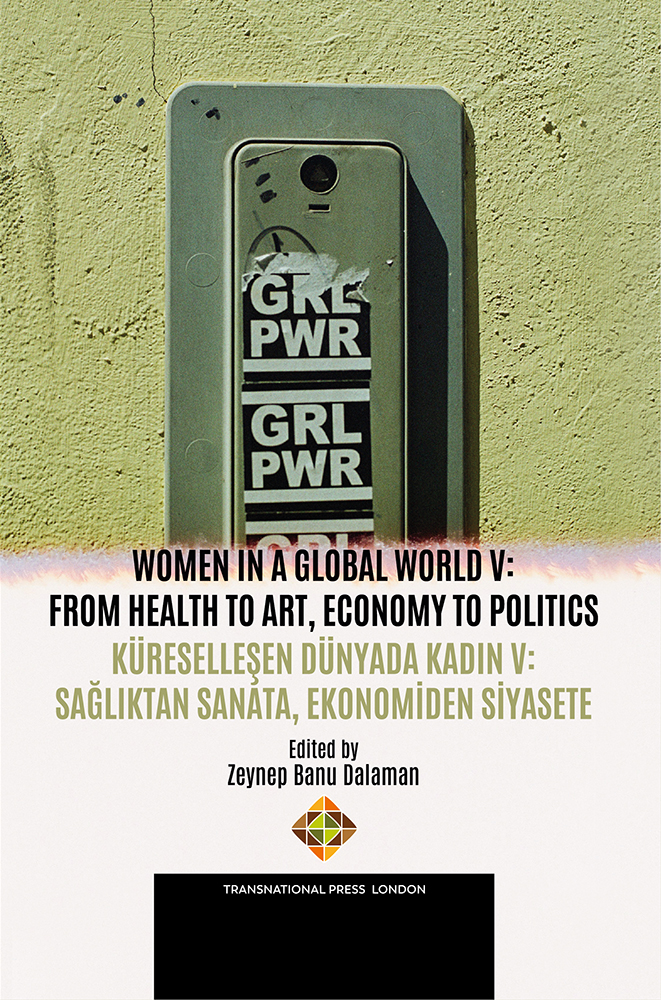Afetlerin Kadın Sağlığına Etkisi ve Hemşirelik Yaklaşımı
The Effect of Disasters on Women’s Health and Nursing Approach
Author(s): Esra Gökdağ Balcı, Melike Dişsiz
Subject(s): Gender Studies, Health and medicine and law
Published by: Transnational Press London
Keywords: Disaster; nurse; women’s health;
Summary/Abstract: Disasters are defined as earthquakes, floods, storms, and biological and chemical accidents that cause loss of life and property for people, adversely affect society in physical, psychological, and economic aspects, can be of human and technological origin and are generally unpredictable. The International Disasters and Emergencies Database (EM-DAT) states that more than 26,000 disasters have occurred in the world since 1900.Although the effects caused by disasters negatively affect all individuals, gender-based inequalities affect women and children more, depending on social expectations, places of social status, and biological characteristics. In disaster management, nurses have important roles and responsibilities in maintaining and protecting women’s health under all conditions. These are; pre-disaster risk assessment, post-disaster situation assessment, emergency interventions at the time of disaster, manager, researcher, educator, and caregiver roles in the fields of implementation of infection control mechanisms. The purpose of this review; To examine the impact of disasters on women’s health and to raise the awareness of health professionals on the subject. In line with the studies conducted, it has been determined that women are exposed to unwanted or unplanned pregnancies and reproductive and sexually transmitted diseases due to sexual violence and poverty. After the disaster, serious increases were found in lower genital tract infections, pelvic inflammatory disease, and menstrual disorders. In this process, it has been reported that the use of modern birth control methods has decreased and that unaffordable family planning services have increased. It has been determined that women face various health and breastfeeding problems during pregnancy, childbirth, and postpartum periods due to inadequate access to reproductive health services and materials. It has been found that pregnancy complications such as premature birth, hypertension, mental problems, and respiratory diseases are more common in pregnant women. It has been reported that the mortality rates of women are higher than men during disasters in developing and undeveloped countries. It has been determined that this rate difference is due to the problems experienced during pregnancy and breastfeeding periods. In the World Disasters Report, it was reported that women were forced to have sexual intercourse to meet their needs in disaster situations. It has been determined that women are at greater risk of sexual and reproductive health problems during disaster periods due to situations such as forced marriage, sexual violence, domestic violence, sexual abuse, and psychosocial problems at an early age. Since women have more risk in disaster periods, it is important to integrate the roles and responsibilities of women’s health nurses specific to the field within the scope of disaster management steps.
Book: Küreselleşen Dünyada Kadın V: Sağlıktan Sanata, Ekonomiden Siyasete
- Page Range: 290-311
- Page Count: 22
- Publication Year: 2024
- Language: Turkish
- Content File-PDF

